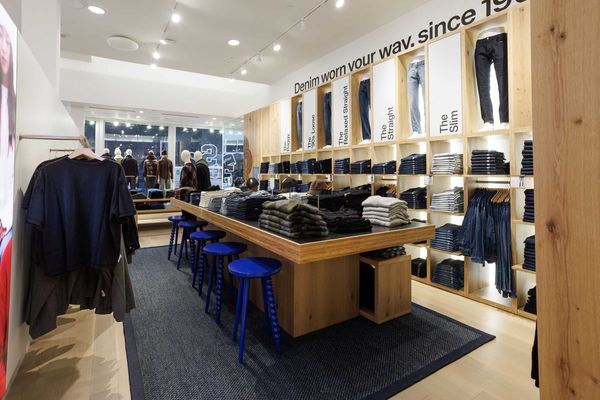In the great transition to a paperless world, one big speed bump has been the need for us to sign our names to documents that require our legal signature.
And, until recently, there has not been a way around this for most of us when buying a house or renting an apartment, to cite two examples.
But now there is.
DocuSign, which is the leader in electronic signatures for the B2B world, last week publicly launched personal e-sigs for everyone in the form of a product called DocuSign Ink.
“It’s a secure way to sign any document from the official minutes of a board meeting to a permission slip for your kid to go on a field trip,” CEO Keith Krach told me from the firm’s local office on Sutter Street. “And it’s fully integrated with the iPhone, iPad, android phones and tablets, Microsoft Outlook, and all the email providers.”
DocuSign built its 80 percent market share serving businesses the past few years with some big conquests – the real estate industry, for one. “There are so many places you have to sign or initial any real estate contract,” points out Krach. “Once realtors started using our product, the National Association of Realtors (NAR) came to us and said they wanted to invest in us and make us the exclusive solution for the NAR.”
Another big conquest was San Francisco-based Salesforce, with its 3,000 salespeople. It also became an investor. Overall, DocuSign today counts 82 percent of the Fortune 500 among its clients and says its signs up 30,000 new accounts every day.
Although it is available on the web, it is the suite of mobile apps that are fueling the company’s current growth. In the first two weeks after launching Ink without publicity earlier this month, the company had racked up over 100,000 downloads.
The app is free, but the company makes money in the sending process, which is priced according to usage but starts at $14.99/month.
In this way, it is competing against the USPS, FedEx, UPS, printers and fax machines. Krach predicts that “by the second half of this decade, 90 percent of all signatures will be electronic.
Meanwhile, as for that fat envelope stuffed with papers after your next real estate transaction, he says simply: "You won't be needing that anymore."




















